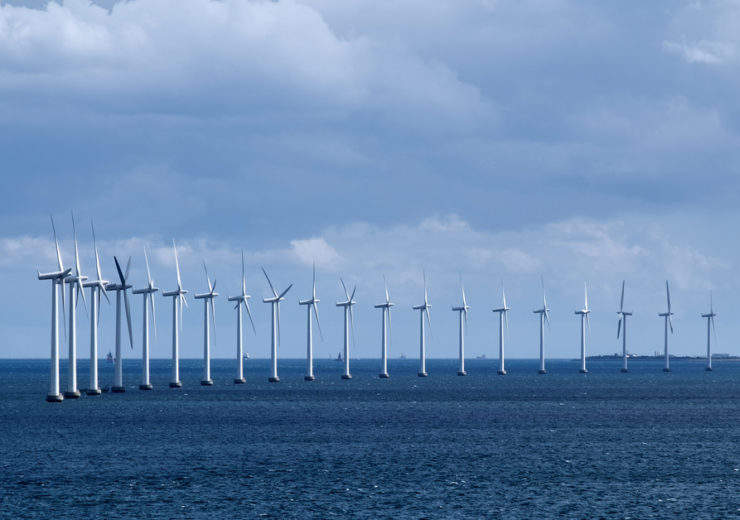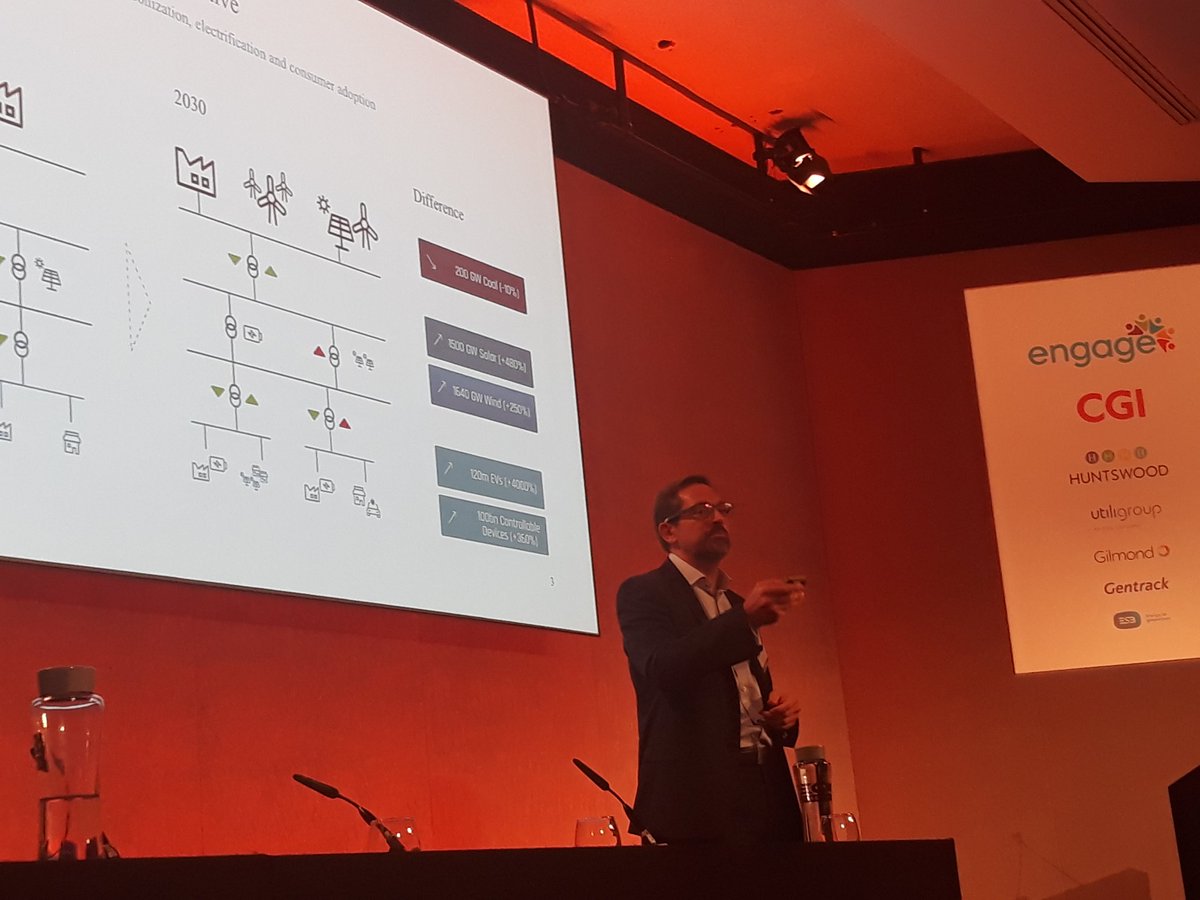During the Energy UK Annual Conference in London, chief executive of energy firm Electron Paul Massara explained the inherent challenges involved with balancing the UK grid, namely a £2bn rise in costs

The diversification of energy generation in Britain is largely a good thing, as renewables climb up the chain, but it presents a few problems as far as balancing the UK grid is concerned, including a potential £2bn rise in costs.
French Energy firm EDF Energy’s chief executive Simone Rossi claims that an ideal future would see it comprise 55-60% renewable energy sources, 25-30% nuclear and less than 15% gas.
Joining him at the Energy UK Annual Conference in London, Electron chief executive Paul Massara claims this proposed trend will trouble distribution network operators (DNOs) and regulators across the country.
Speaking at the event, the energy firm boss says: “Decarbonisation, more renewable energy sources and fewer emissions are all obviously great things.
“But to make them happen we have to encourage more people to use things like solar power, onshore and offshore wind, and electric vehicles, which will be a problem when it comes to maintaining efficient control of the UK grid.
“DNOs and regulators are facing a massive challenge in integrating all these forms of energy generation into the wider energy ecosystem, in a way that maximises CO2 reduction and cost.”

How much will balancing the UK grid cost?
Mr Massara explains that thousands of smaller grid “edge” devices such as solar panels, batteries and electric vehicles will create a logistical nightmare for the UK’s regulators.
By 2030, he predicts and increase in solar power of 1500 gigawatts (GW) – equivalent to a 480% boost – in addition to there being 20 million electric vehicles on the road – representing a 4000% rise.
But set to accompany these welcome trends is a £2bn hike in “system balancing costs”, he argues, meaning a 300% increase since 2010 to a total of £3bn.
“The financial implications of balancing a grid with hundreds of thousands of edge devices and new energy generation methods are not small.
“While the changes to the allocation of energy generation is welcome – I think the adoption of renewable energy and electric vehicles is not only a good thing but it will happen quickly, too – we must carefully integrate them.
“Regulators need to be consistent in how they implement subsidies for electric vehicle adoption, and, ultimately, the grid will need to embrace market principles in order to survive in its current form and attract longer term finance.”


